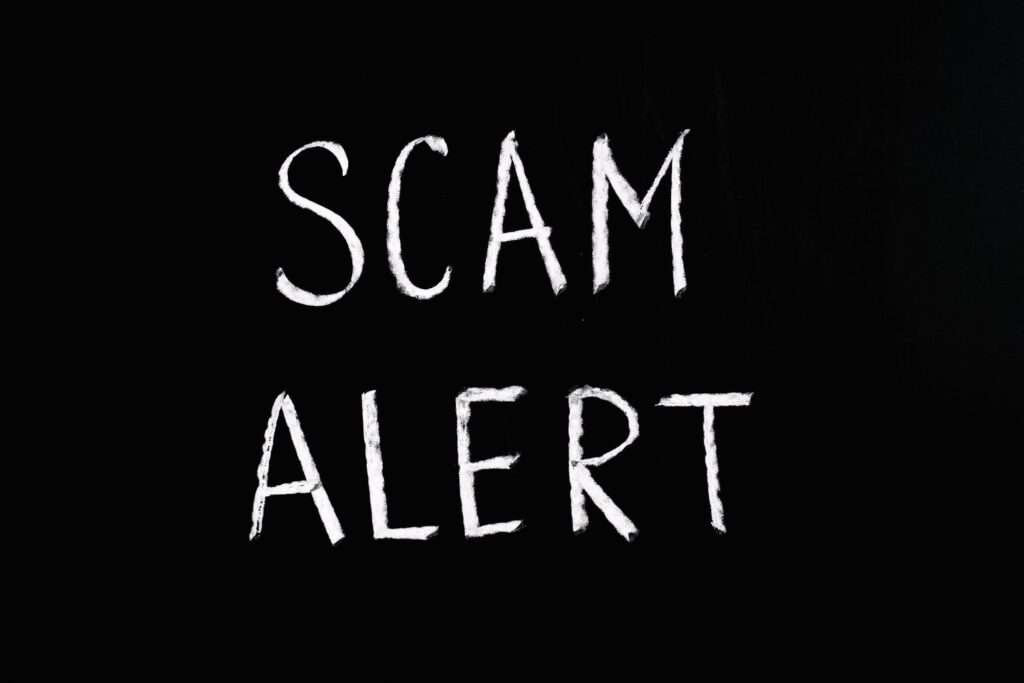
We have been noticing a high volume of clients calling us claiming someone from the IRS is threatening to serve a warrant for their arrest immediately if they do not pay, and these calls are almost always a part of an elaborate scam targeting taxpayers. CNN Money published an article warning about these suspicious scams, and we thought it would be prudent to post on our blog as well.
Just because the filing season is over doesn’t mean scammers have stopped preying on taxpayers.
The Internal Revenue Service said Wednesday that fraudsters continue to impersonate IRS agents and demand bogus payments, despite warning of this scam last October. The Treasury Inspector General for Tax Administration, which oversees the IRS, has received 90,000 complaints about this scam so far, and about 1,100 victims have been duped out of $5 million.
Some fraudsters tell victims they owe money and will be in big trouble if they don’t pay immediately, while others tell taxpayers they are owed big refunds and they simply need to provide their personal information — like a bank account number — to claim those sums of money.
They may use a method known as spoofing so that the number on the caller ID appears to be the toll-free IRS number, and then use bogus names and fake IRS badge numbers to introduce themselves. To make the call seem more official, they often send an email to victims after the call to confirm the conversation.
Some threaten to send a victim to jail or revoke their license, hang up in a rage and then call back moments later pretending to be the police or DMV.
As convincing as they are, urgent and threatening phone calls are the first sign that this is a scam, the IRS says.
“[The] first contact with the IRS will not be a call from out of the blue, but through official correspondence sent through the mail,” IRS Commissioner John Koskinen said in a statement. “A big red flag for these scams are angry, threatening calls from people who say they are from the IRS and urging immediate payment.”
Koskinen said IRS agents will never ask for credit card or bank account information by phone, will never threaten enforcement action if a payment isn’t immediately made, and they will not require a consumer to use a specific payment method — like a prepaid card.
The IRS advises people to hang up and call its office or the inspector general directly to report the incident. “
Click here to read the full article.
______________________________________________________________________
Please keep in mind the information and advice presented in this blog is not intended to be used as formal legal advice. Contact a tax professional for personalized tax advice pertaining to your specific situation. While we try and answer all parts of the question when we write our blogs, sometimes there may be some left unanswered. If you have any questions about your problems with the IRS, SBOE, FTB, or BOE, or tax law in general, call RJS Law at (619) 595-1655.

Leave a Reply